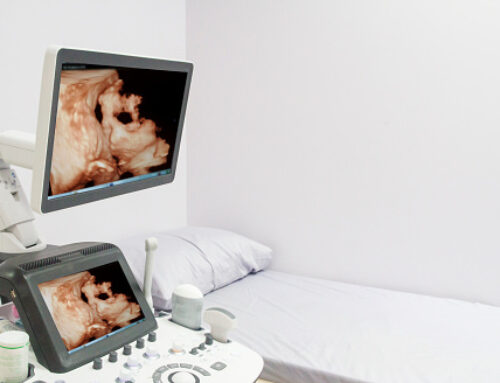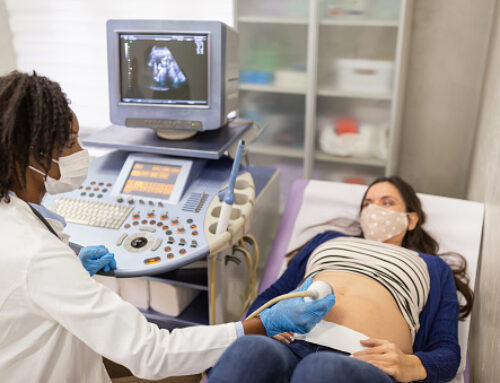Pregnancy is an exciting time for any woman, and one of the most important aspects of prenatal care is the ultrasound. Ultrasound is a non-invasive medical test that uses high-frequency sound waves to create images of the developing fetus. It is a safe and painless procedure that can provide valuable information about your pregnancy.
Here are some things you should know about your pregnancy ultrasound:
1. When will you have your first ultrasound?
Most women have their first ultrasound between 8-12 weeks of pregnancy. This is known as the dating scan, and it is used to determine the due date, check for multiple pregnancies, and assess the baby’s growth.
2. What happens during an ultrasound?
During an ultrasound, you will lie on a table while a technician applies gel to your abdomen. The technician will then use a handheld device called a transducer to send sound waves through your body and create images of your baby on a screen.

3. What can an ultrasound detect?
An ultrasound can detect many things about your pregnancy, including:
- – The size and position of the fetus
- – The number of fetuses
- – The gestational age
- – The location of the placenta
- – Any abnormalities or birth defects
4. Are there any risks associated with ultrasounds?
Ultrasounds are considered safe for both mother and baby. There are no known risks associated with having an ultrasound during pregnancy.
5. How many ultrasounds will you have during pregnancy?
Most women will have at least two ultrasounds during their pregnancy – one in the first trimester and another in the second trimester. However, if there are any concerns or complications with your pregnancy, you may need additional ultrasounds.
6. Can you find out the gender of your baby during an ultrasound?
Yes! Most women find out the gender of their baby during their second-trimester ultrasound (around 18-20 weeks). However, it’s important to note that not all babies cooperate during the ultrasound, so it’s not always possible to determine the gender.
In conclusion, your pregnancy ultrasound is an important part of your prenatal care. It can provide valuable information about your baby’s growth and development and help detect any potential problems early on. If you have any questions or concerns about your ultrasound, be sure to talk to your healthcare provider.
Is 6 weeks too early for an ultrasound?
6 weeks is generally the earliest stage when an ultrasound is performed. Though for women who have had fertility support, an earlier ultrasound may be done. It isn t common practice in regular pregnancy care to have one this early, but you may have one ordered if there are any concerns.




